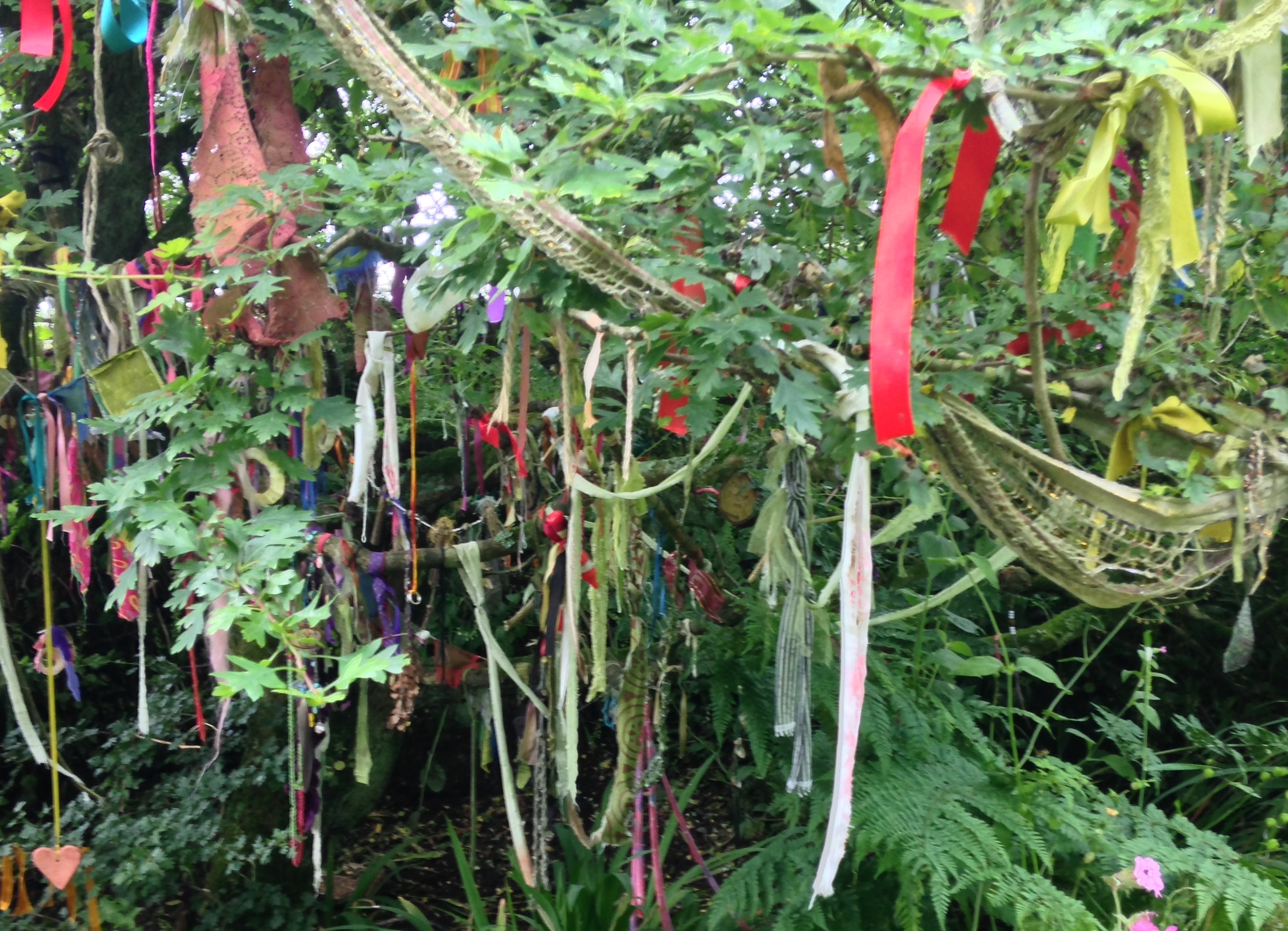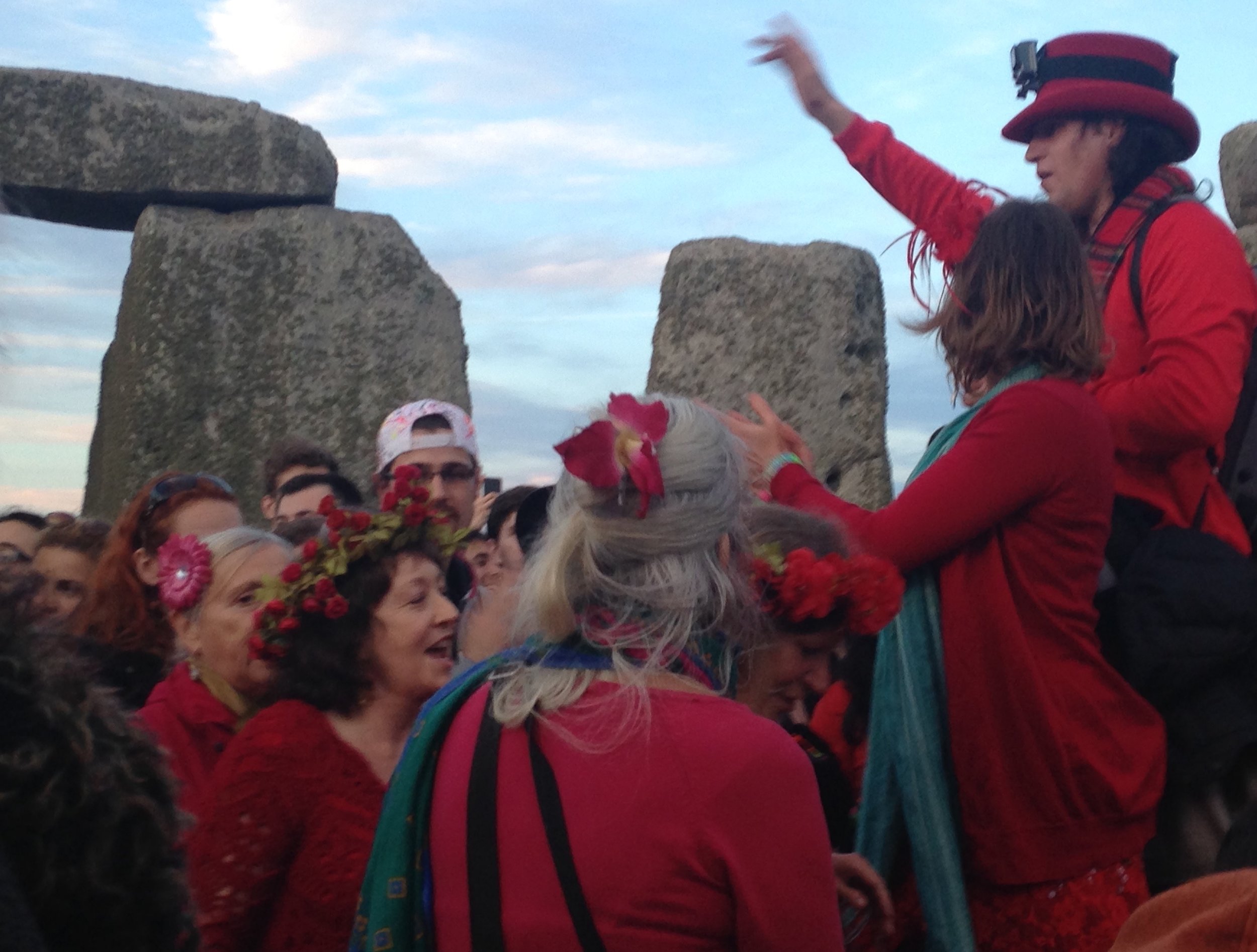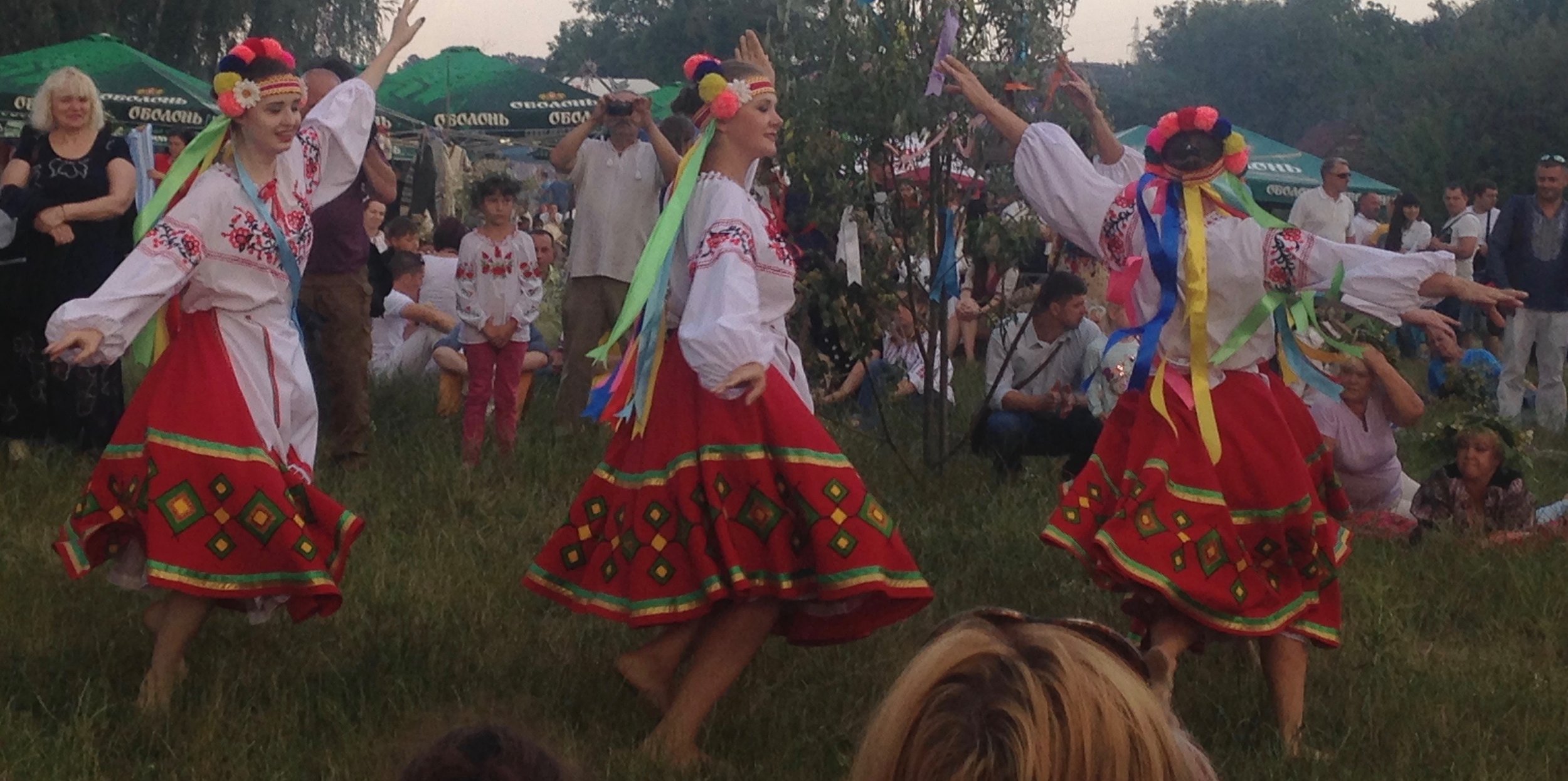Ukraine
What were the earth-based traditions of my ancestors?
A clootie tree in Britain. Trees near holy sites, especially sacred water sources, are frequently gifted with ribbons, strips of cloth, and other objects, with prayers and wishes.
After coming across clootie trees in Britain, seeing this sight at the top of a hill in Kyiv, Ukraine, I knew that I had arrived to a holy place.
I am learning that I will never know for sure. Given my distance from the traditions of my indigenous ancestors, I no longer believe this is information that can be reclaimed in one lifetime. But I have learned is that my own experiences of being in intimate relationship with nature teach me far more than historical sources.
As I listen directly to nature with patience and humility, I find myself able to look far more critically at the standard explanations for ancient traditions. “People offered sacrifice to appease the Gods,” becomes a difficult explanation for me to believe in the face of my own spontaneous desire to leave offerings whenever I am moved. I make these offerings not out of fear of consequence, but out of love and a sense of reciprocity with the beautiful wild world. They bring me into a deeper relationship with the land, just as I might offer a gift to a lover or a friend.
Performers at summer solstice at Stonehenge (top) and at Ivano Kupala (bottom). I noticed the bright red clothing of both sets of performers. The contrast of these two summer solstice occasions was fascinating, and both were a complex mix of ancient and modern cultural elements-but in very different ways.
What were the forces that disconnected my ancestors from the land?
A contest for the best flower wreath at the Ukrainian folk solstice celebration, Ivano Kupala. I am assuming that the advertisements on the giant screen made the event financially possible. Note the winner of the contest, whose crown was so large it blocked other contestants from view.
Being here in Ukraine brings me deep into this question. Before coming here, it was easy for me to identify ideology and economic systems as the culprit: it was Christianity. It was Capitalism.
This land defies that. This land has seen waves of conquerors for more than five thousand years. It’s said that the peoples of this land—the Slavs—gave English the word Slave. This is a place that knows about disconnection from traditional ways, and forced subjugation in the name of Empire.
A Greek Orthodox Church in Lviv, Ukraine. Christianity arrived in Ukraine just over one thousand years ago. Greek Orthodoxy was the faith of my Ukrainian ancestors when they left their lands for the New World.
Cimmerians
Greeks
Scythians
Slavs
Vikings
Kyivan Rus
Goths
The River Poltva in Western Ukraine. In the town of Lvyv, the river now flows completely underground, and I was captivated by the story of a town founded along the banks of a river, and now all signs of the river have been erased from its visible geography. I felt the need to witness the river, so I visited this site outside of town. Here, the river flows free, though fetid with irrigation runoff and other pollutants.
Huns
Khazars
Mongols
Austro-Hungarians
Soviets
These are the waves of peoples that have swept through this land.








